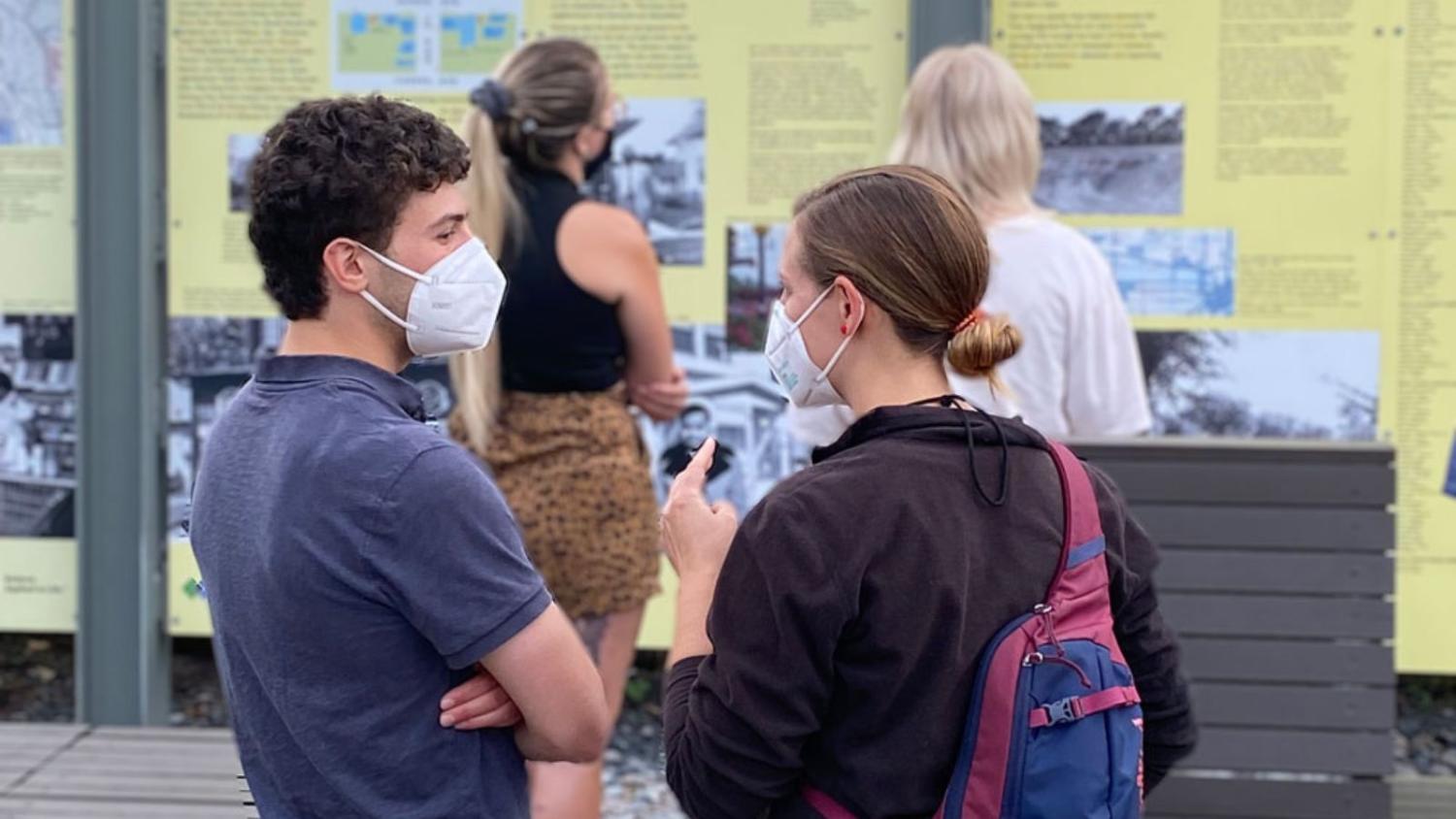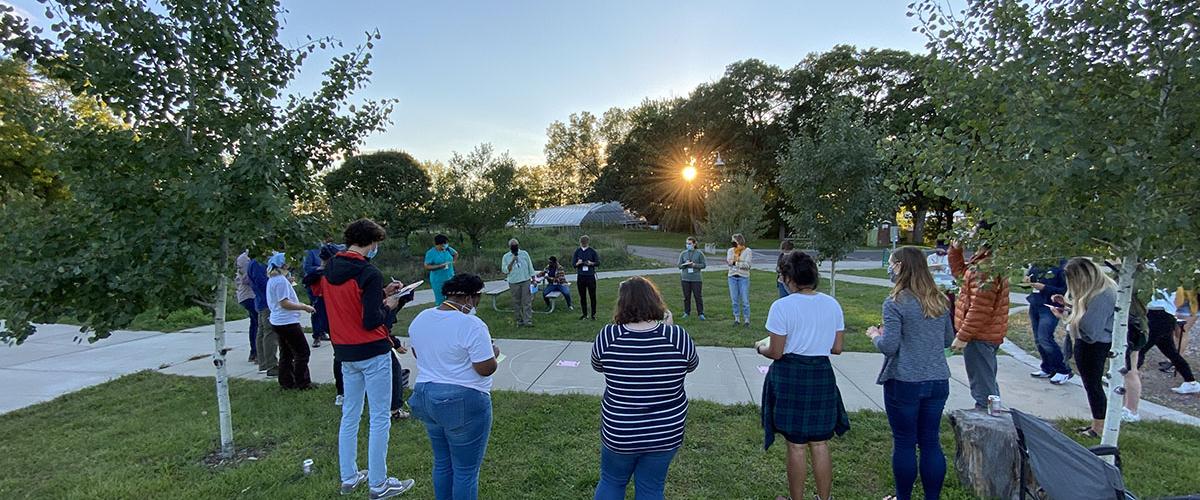Global Health in Local Contexts: An Opportunity to Study Health Equity and Promote Social Justice in the Twin Cities
It’s an unfortunate truth that you don't need to travel far to find systemic inequities in health outcomes.
A lack of resources and unequal distribution of power can have an outsized influence on communities – both locally and globally.
Global Health in Local Contexts, a course offered by the Center for Global Health and Social Responsibility, offers perspectives on local health care dynamics and their implications on the broader, global community.
The course is available to UMN graduate students and members of the community with an interest in global health.
Students who take the course will walk away with a “deepened appreciation of the community around them and the justice issues alive and well locally,” said Mike Westerhaus, the course’s lead professor.
“We don’t need to travel far to connect with those issues.”

The “classroom-less” course takes place at Twin Cities community sites, including Bdote/Fort Snelling State Park, Frogtown Community Farm and the UMN Community-University Health Care Clinic. The in-person nature of the course allows students to make connections with their classmates and community members.
“It’s a chance for students to connect with others who have similar interests, not only in the midst of their studies but also people in the community,” said Westerhaus. “It’s also a chance to get outside of the classroom. Being in these spaces offers a different type of learning than we get from textbooks and slides.”
Students will also take part in collaborative learning with peers in Uganda and Haiti who will be engaged in parallel, geographically based courses.
In addition to becoming familiar with local health disparities, the course provides an opportunity to become part of the solution. Students will explore what creating conditions for healing, health, and safety means in their own communities through exposure to community organizing, mutual aid and community-based care, embodied healing practices, the arts, and storytelling.
“This course is well suited for students who are just starting to think about social justice. It allows them to ask the question, ‘How do I fit into all of this? What are my gifts and skills, and how can I use them in this context?’” said Westerhaus.
“It also allows students to recognize one’s limitations and the power and resilience that’s found through meaningful community partnerships.”
Course highlights include:
- Theoretical and experiential engagement with racial capitalism, embodiment, abolition, storytelling, narrative health, and Theater of the Oppressed
- A visit to the sacred space of Bdote led by storyteller Jim Bear Jacobs
- Connection with the land and story of Frogtown Farm
- A pilgrimage to George Floyd Global Memorial with Jeanelle Austin
- A walking tour on Payne Avenue led by Peter Rachleff of East Side Freedom Library exploring immigration and labor movements
- Sharing creative performative space with zAmya Theater Troupe
- Opportunities to reflect upon and craft one's personal story of commitment to health justice and work
